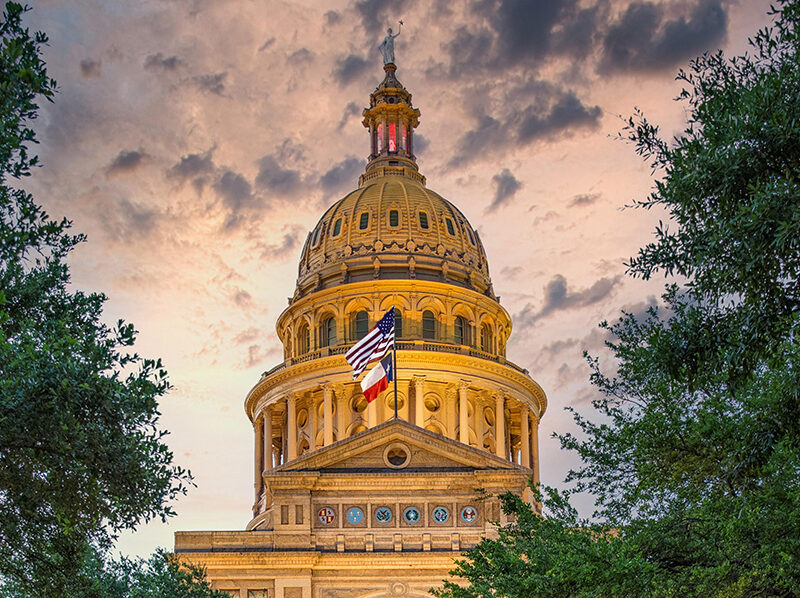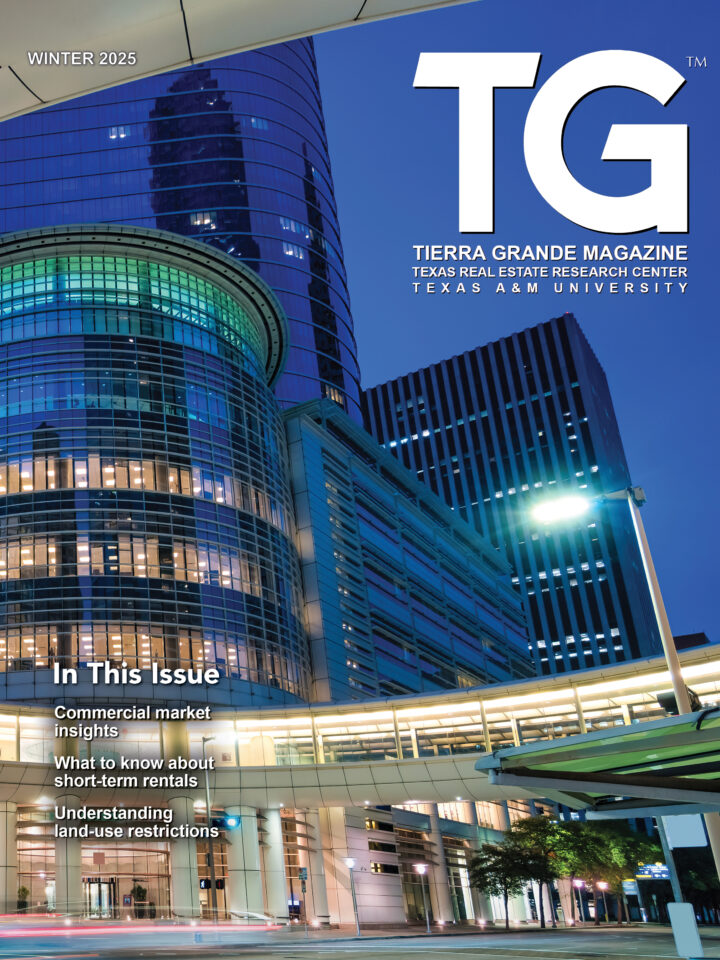The 89th Texas Legislature convened in Austin on January 14 and adjourns on June 2. Legislators began filing bills on November 12. For most bills, the filing deadline is March 14. As of January 21, a total of 2,485 bills have been filed. Here’s an overview.
Taxation
If sheer volume is any indication, Texas lawmakers will spend a lot of time on taxation this year. HB 1508 proposes a repeal of the franchise tax, and there are proposed amendments prohibiting certain gift and inheritance taxes, as well as capital gains taxes. But the bulk of the debate will be on property tax bills, which are numerous. Proposals vary widely, ranging from allocating surplus state revenue to property tax relief, to ideas for eventually repealing and replacing property taxes altogether. Some bills call for limitations on increases in appraised value, while others provide additional exemptions on homestead and non-homestead property. Some call for changes to the appraisal and protest process.
Affordable Housing and Leasing
Proposals to encourage more affordable housing in the state take several approaches, including state assistance programs; reduction in regulation, platting, and permitting requirements; refund of taxes on building materials for certain housing; and limits on single-family homes owned by corporate owners for rental purposes. Additionally, legislators propose restrictions on the regulation of accessory dwelling units by political subdivisions, and additional requirements and prohibitions applicable to landlords. One proposal requires a landlord to accept a promulgated verified residential rental form, with the Department of Housing and Community Affairs to verify the information and run a credit report and criminal history.
Border
Numerous bills address border issues, calling for increased resources and cooperation in enforcement, recoupment of costs to the state and landowners, and a study on the impacts of illegal immigration.
Adverse Possession
SB 534 would drastically lengthen limitations periods for suits to recover real property held by another. Current periods of three to five years would be changed to 97-99 years.
Energy/Infrastructure/Environment
Numerous bills attempt to provide for production and regulation of energy, the addition or protection of infrastructure, and environmental protection. Some bills provide for ensuring adequate electrical transmission and protecting the grid and oil and gas infrastructure from weather emergencies and security vulnerabilities. Others provide for the funding and use of the state highway fund. Environmental proposals include provisions for air quality and preventing pollution from oil and gas operations, reduction of flaring, and studies on climate change. Additional bills attempt to address the ongoing efforts of high-speed rail advocates, with some attempting to encourage rail, and others attempting to protect property rights.
Eminent Domain
SB 292 would impose additional requirements in connection with acquisition of real property for public use by an entity with eminent domain authority, while SB 291 would require such an entity to disclose appraisals of the property.
Squatters
Two bills propose solutions to the problem of squatters. Generally, they provide for increased criminal penalties and a process for expedited removal of trespassers.
Foreign Buyers and Owners
Various bills attempt to address the purchase or ownership of Texas real estate by foreign buyers, particularly from certain countries deemed a threat. The solutions proposed include prohibitions on purchase or ownership, and various provisions for enforcement and divestiture.
Property Owners’ Associations
Several bills address the authority of property owners’ associations to implement or enforce certain regulations. The bills address a range of issues, from small scale food production to water conservation, as well as contracting with law enforcement and regulation of common areas.
Annexation
HB 1901 provides for the release of certain areas from municipal ETJs, while HB 377 provides that a municipal annexation agreement may not waive requirements with respect to provision of services.
Water
Numerous bills attempt to address Texas’ water issues, including protecting water facilities from catastrophes, management of groundwater, water planning, promoting conservation, and studying the prospects for desalination. HB 1177 would make it a criminal offense to divert or impound the flow of surface water in a manner that damages the property of another.
Property Records
SB 647 would change filing and recording requirements for instruments conveying or purporting to convey real property. HB 1043 would have the General Land Office study the possibility of a distributed ledger-based title registry pilot program.
Wildlife and Crop Health
HB 269 would create the Institute for Chronic Wasting Disease Research, and SB 97 would provide for destruction or release of deer after epidemiological testing. HB 1592 would provide an alert system for dangerous plant and wildlife pests and diseases.









